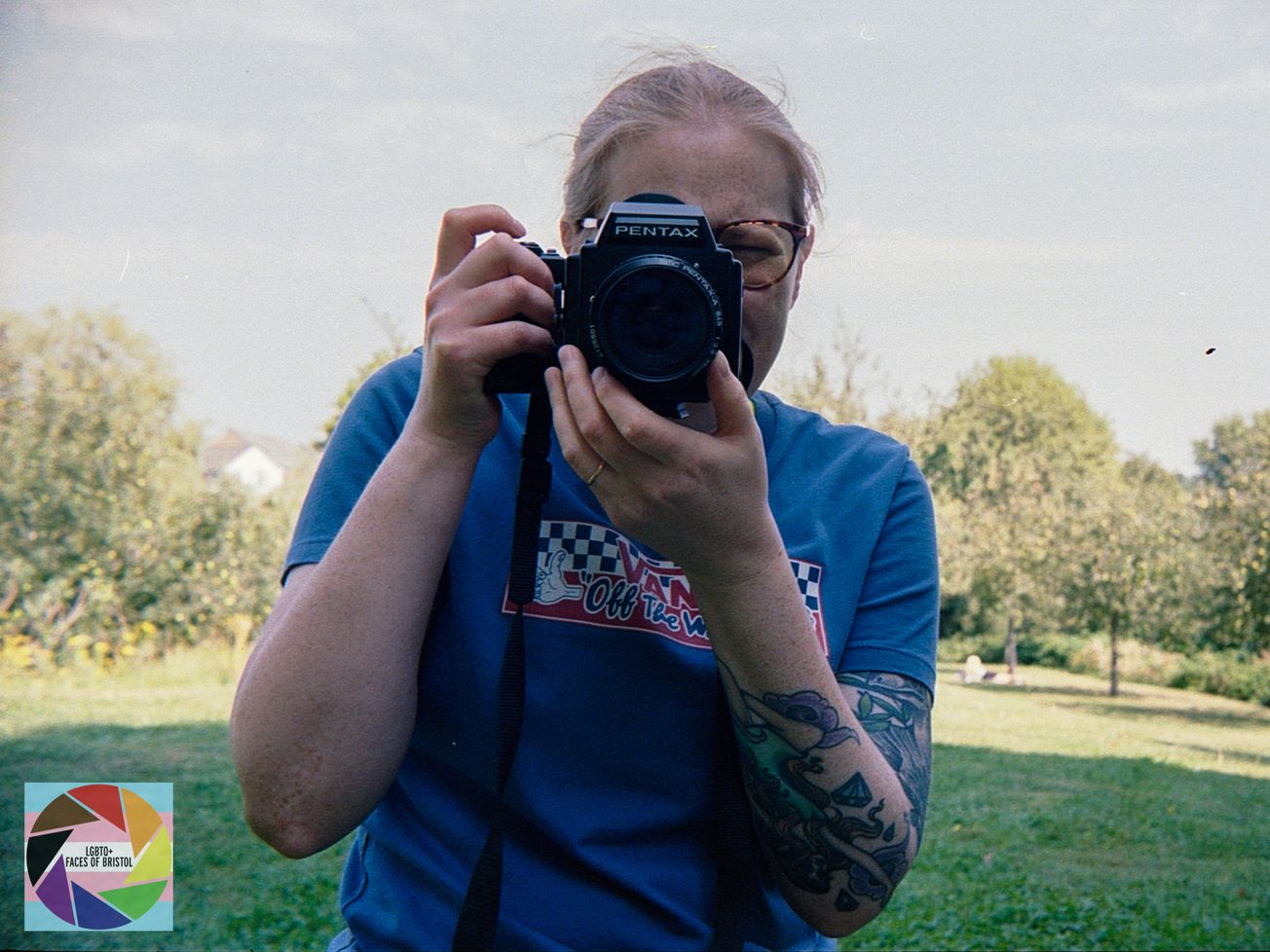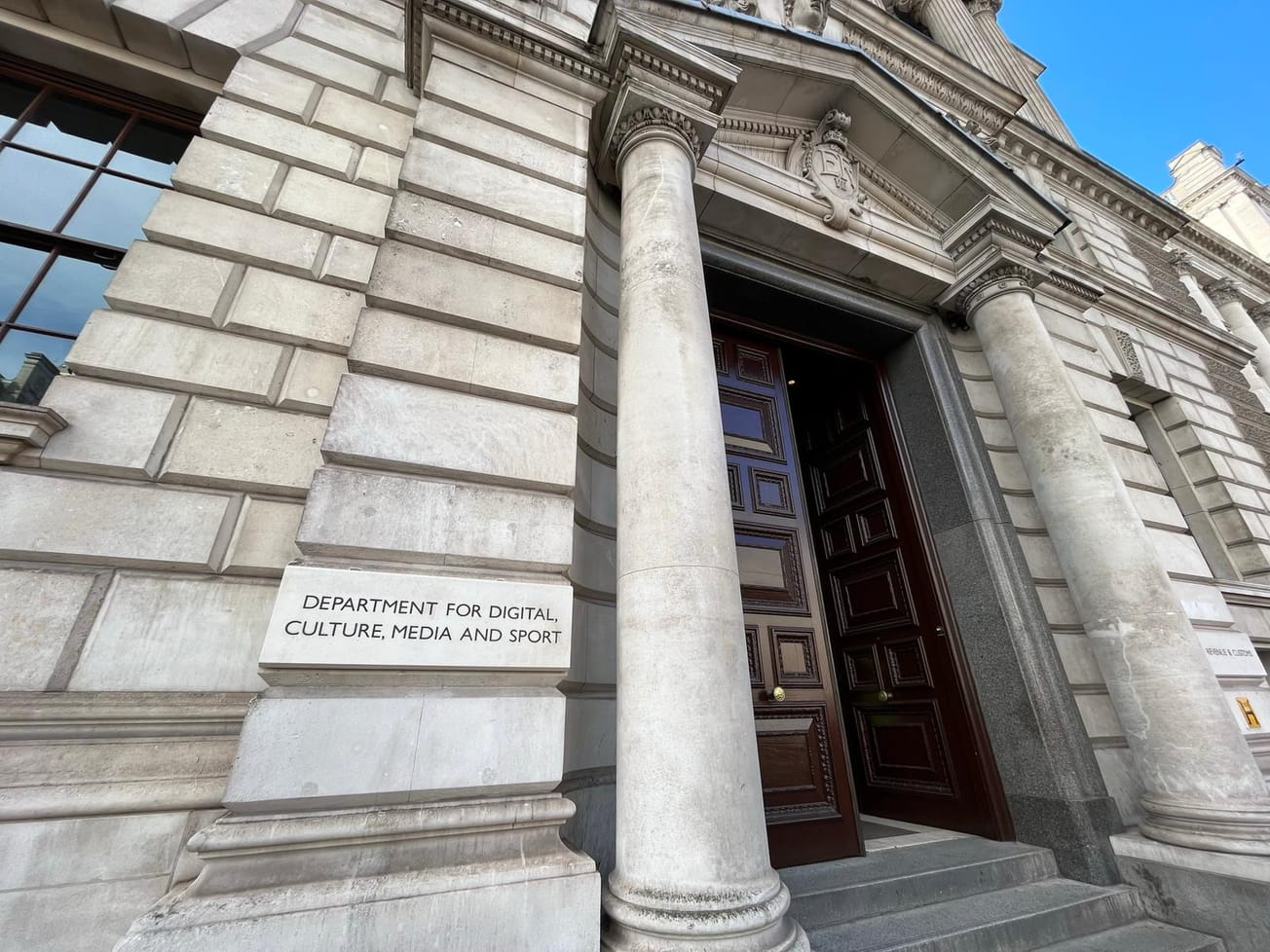By Sanjana Idnani, Wellbeing Sub-Editor
2020 has been a year of uncertainty. But out of this year of change, we have also seen some positive new things evolve as the time to slow down has allowed many of us to work on new projects which would not have been feasible amongst a normal work schedule. One such project is Karen Freer’s LGBTQ+ Faces of Bristol, a photographic project aiming to visibly represent and empower the LGBTQIA+ community and its individuals. Sanjana Idnani from Epigram spoke to Karen Freer about her inspirations for starting the project, its impact, and her plans for the future.
Originally planning to spend 2020 photographing the Bristol’s B team debut at the Roller Derby British Championship, the pandemic threw a spanner in the works and Karen found herself with lots of free time ahead of her. This led her to think more about how she could get more involved in the Bristol LGBTQIA+ community through her skilled photography: ‘In early 2020 I had started taking photos of a friend who is transitioning. This gave me the confidence to do more portrait photography with new people.’
So, during the early part of lockdown, Karen started planning and by July 2020 LGBTQ+ Faces of Bristol was ready to be launched. Karen expressed how this was a great time to start because the lockdown was ending but restrictions hadn’t fully eased and so ‘people were allowed back out again but didn’t have any plans,’ making it easier for them to meet Karen and participate in the project.
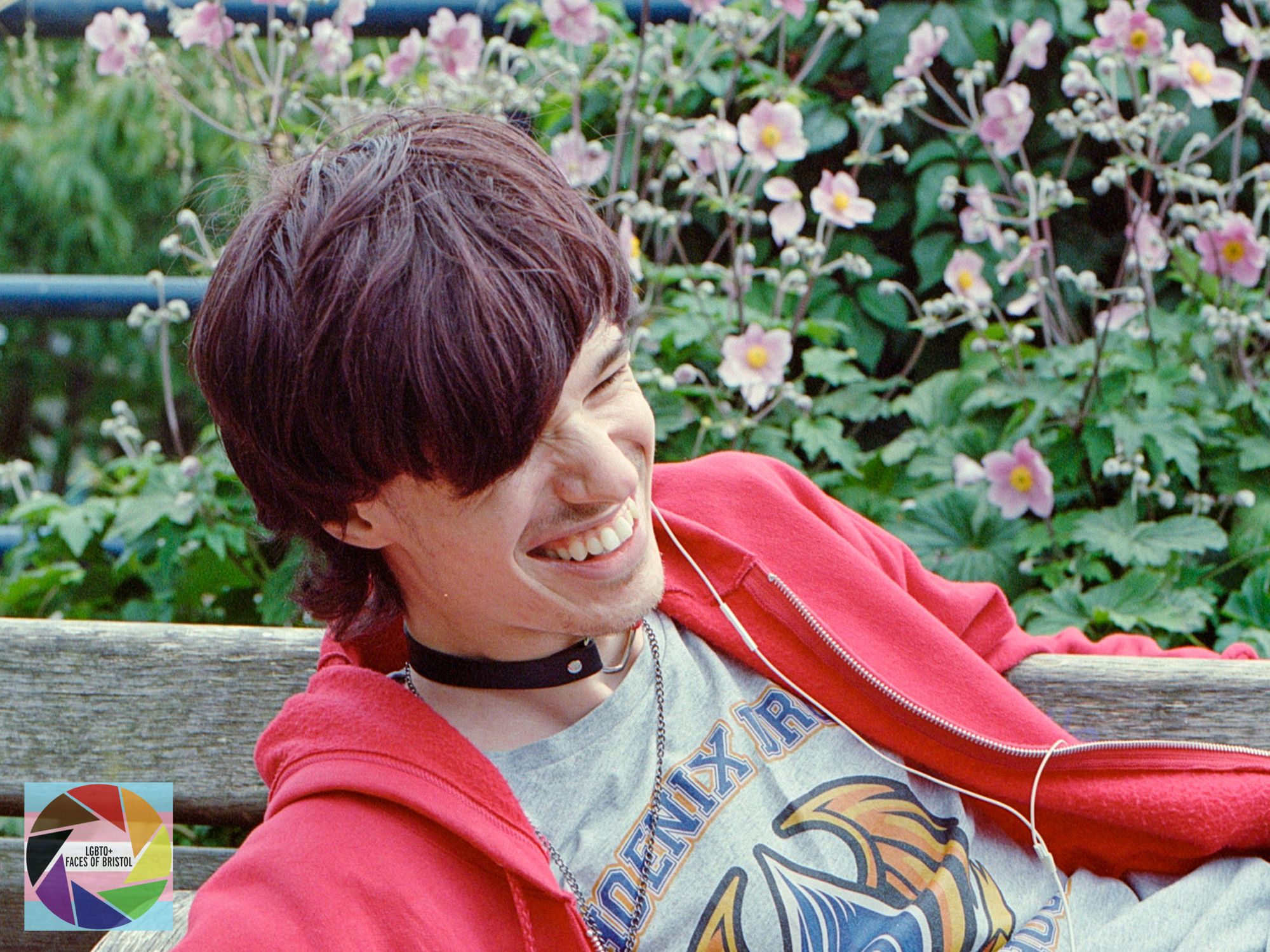
Curious to know more about the process of getting people involved when many people were shut indoors, I asked Karen more about how she got the word out about her project and she highlighted the power of social media in bringing communities together: ‘I basically started by looking up 'LGBT Bristol' on Facebook to see which groups were out there. I put a few posts about my project on these groups to see if anyone would like to get involved and have their portraits taken.’ From there, those who were interested signed up through her website and the community grew through word of mouth.
Diving into discussions about the impact of the project itself, I asked Karen about people’s experiences with the project and what it was like working with people who may have been photographed for the first time. Karen answered: ‘I’ve had a really big mix of people that I’ve taken photos of. Some have been super nervous about it and some have been really excited at the prospect of having their photos taken.’
However, Karen highlighted that even those who were less fond of being in front of the camera wanted to push through that uncomfortableness in order to be a part of this project to increase LGBTQ+ visibility. Camera shy or ready for the spotlight, everyone involved was keen to promote this message that sought to empower the community and give it a platform.
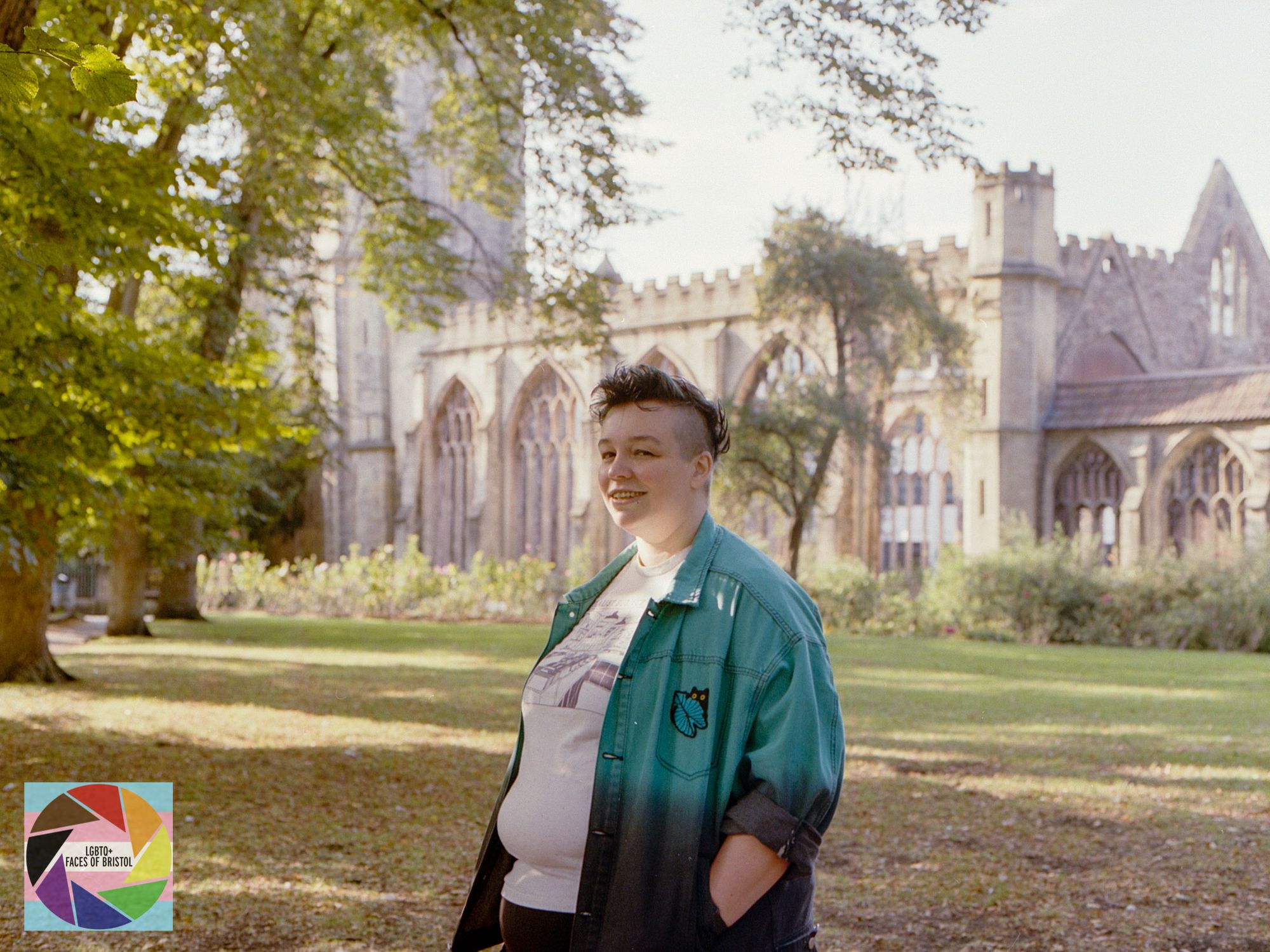
Karen also highlighted the positive impact this project has had from the very start. 'Participants are keen to tell LGBTQ+ youth that it is ok to be themselves. Having strong role models for the LGBTQ+ community is one of the key priorities of this project and that is reflected in the participants willingness to sign up and spread this message’. Karen expressed how inspiring it was to be able to 'raise awareness outside of the LGBTQ+ community but also within it’.
This led our conversation towards discussing future plans for the project and how it might expand. In the short-term Karen hopes to continue her outreach and building on her project in Bristol. After the lockdown, Karen is keen to do an in-person exhibition of all the portraits where all the participants could meet each other in person and come together as a community.
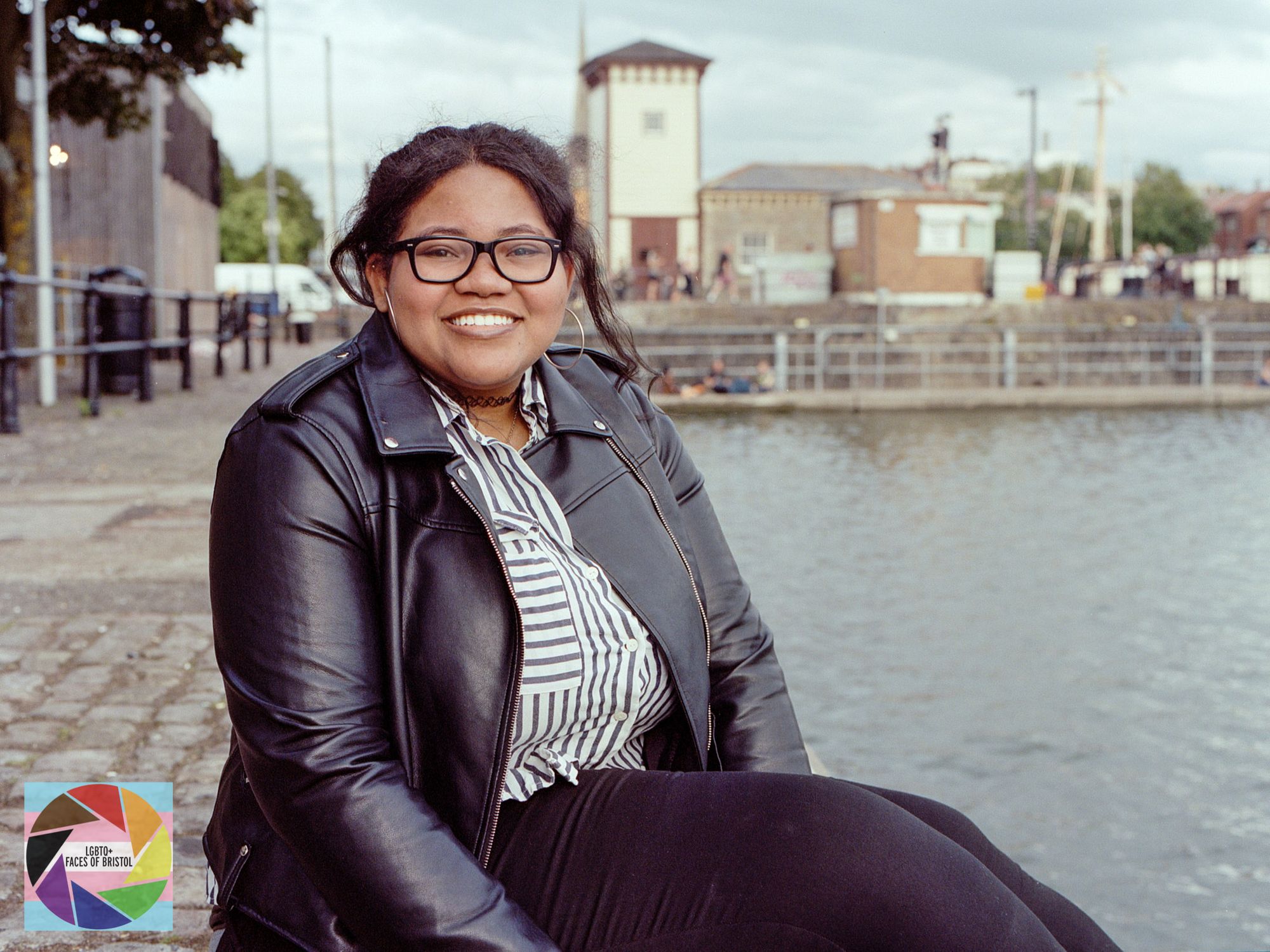
She hopes that she will be able to do this around the same time as Bristol Pride and that the exhibition will be accompanied with a book that can raise funds for local charities supporting the LGBTQ+ community in Bristol. In the long-term, Karen is looking to branch out the project by getting volunteers involved both in Bristol and further afield: ‘I would really like to get together a group of LGBTQ+ photographers across the UK to help branch it out.’
Finally, we moved into discussing the pandemic and some of the challenges that it has posed over the last few months. Though, as Karen has already mentioned, the pandemic has made it somewhat easier to organise a photography project like this as it is much easier for people to be available and to get involved as a result, the uncertainty around restrictions and the winter weather has made it a bit more difficult to keep the project going smoothly: ‘the last month has been particularly difficult to carry on because of the second lockdown and tier three restrictions.’
‘Participants are keen to tell LGBTQ+ youth that it is ok to be themselves. Having strong role models for the LGBTQ+ community is one of the key priorities of this project’
However, despite these challenges, the project has still served to build vital hope during the pandemic. Closing our conversation, Karen shared a lovely anecdote about how her portraits of a pregnant couple allowed them to reconnect with family members that they had been unable to see due to the pandemic. This story wonderfully emblematises the unity that this project promotes.
See some more examples of Karen's portraits below:
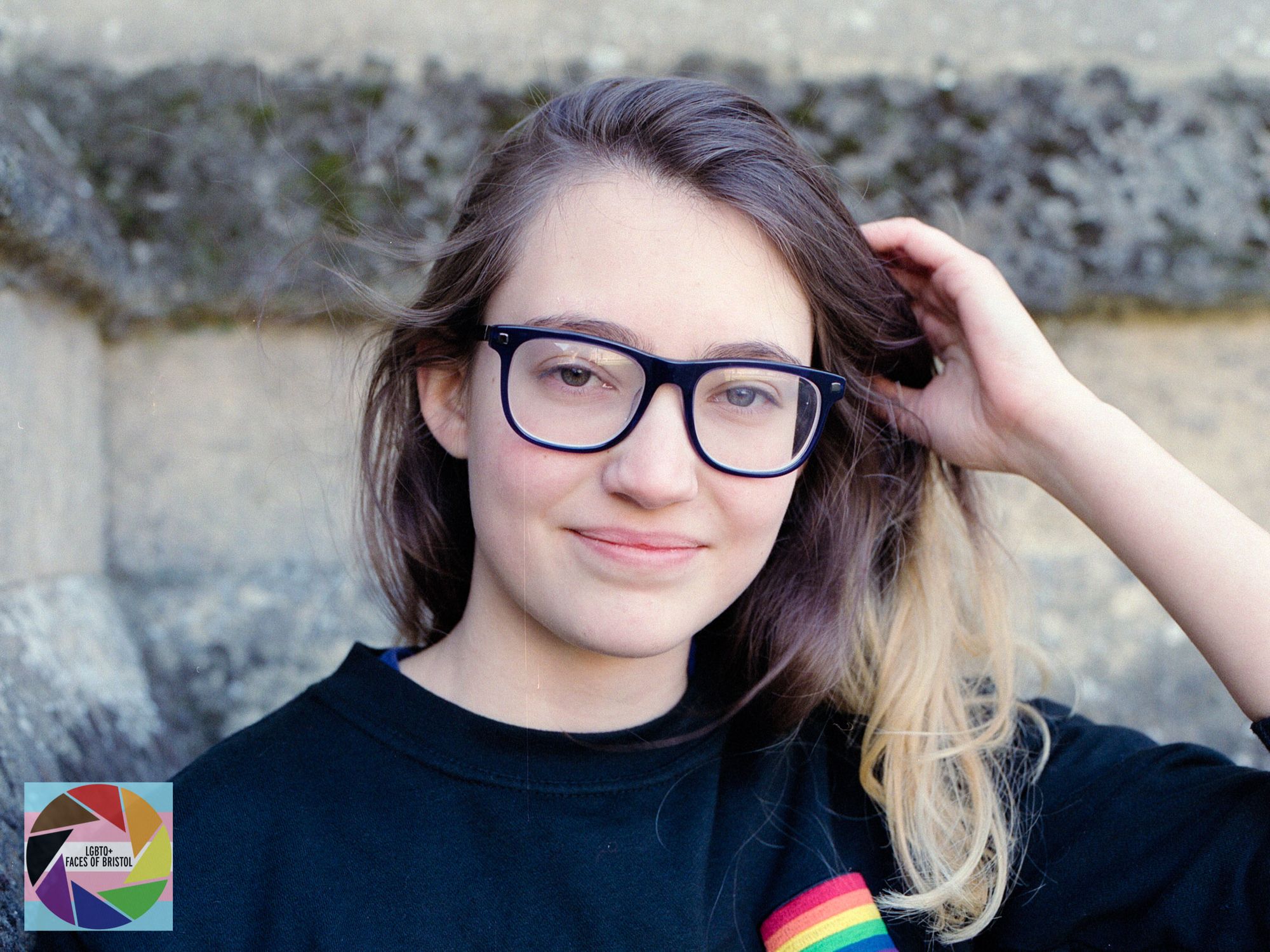
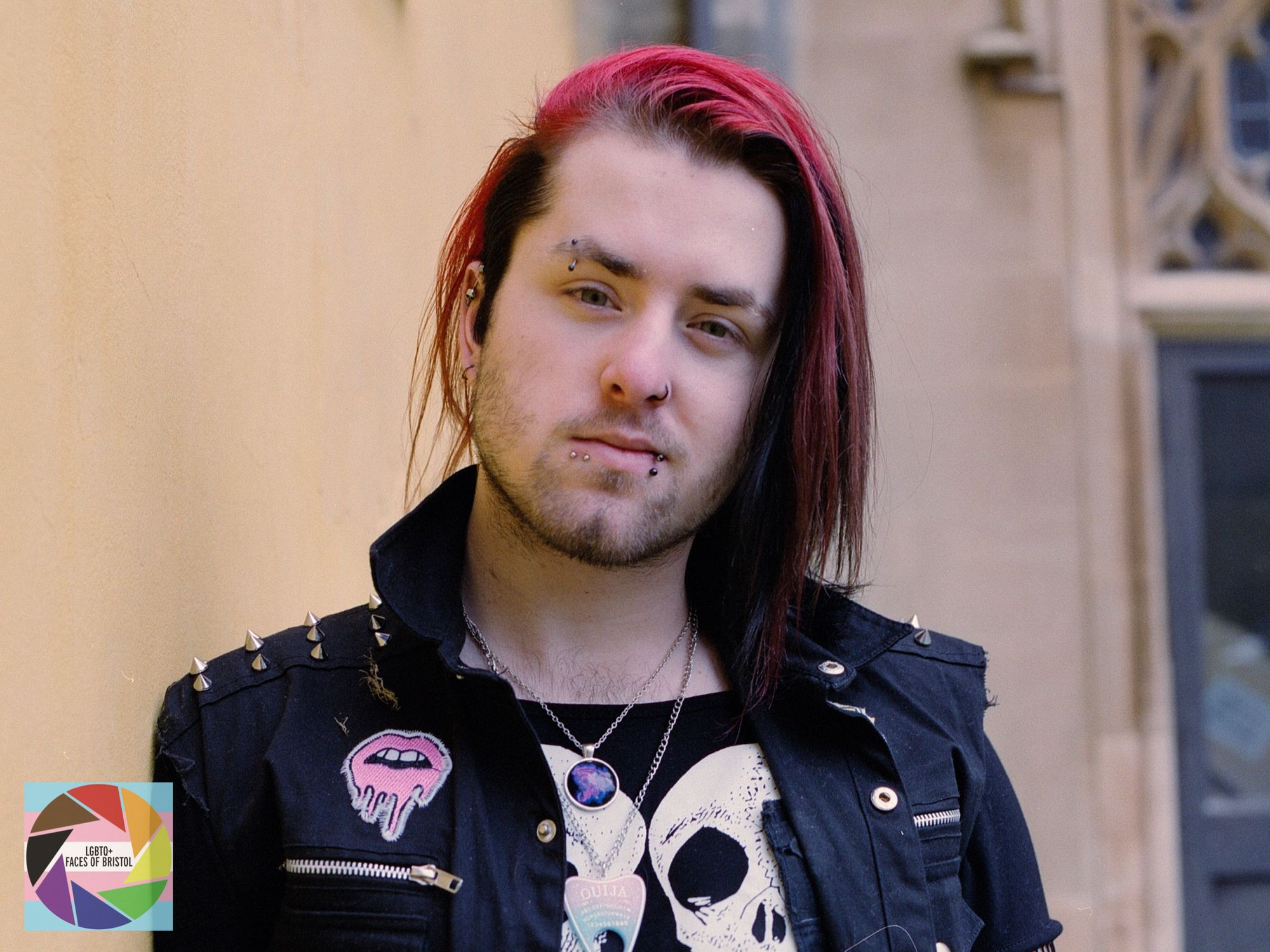
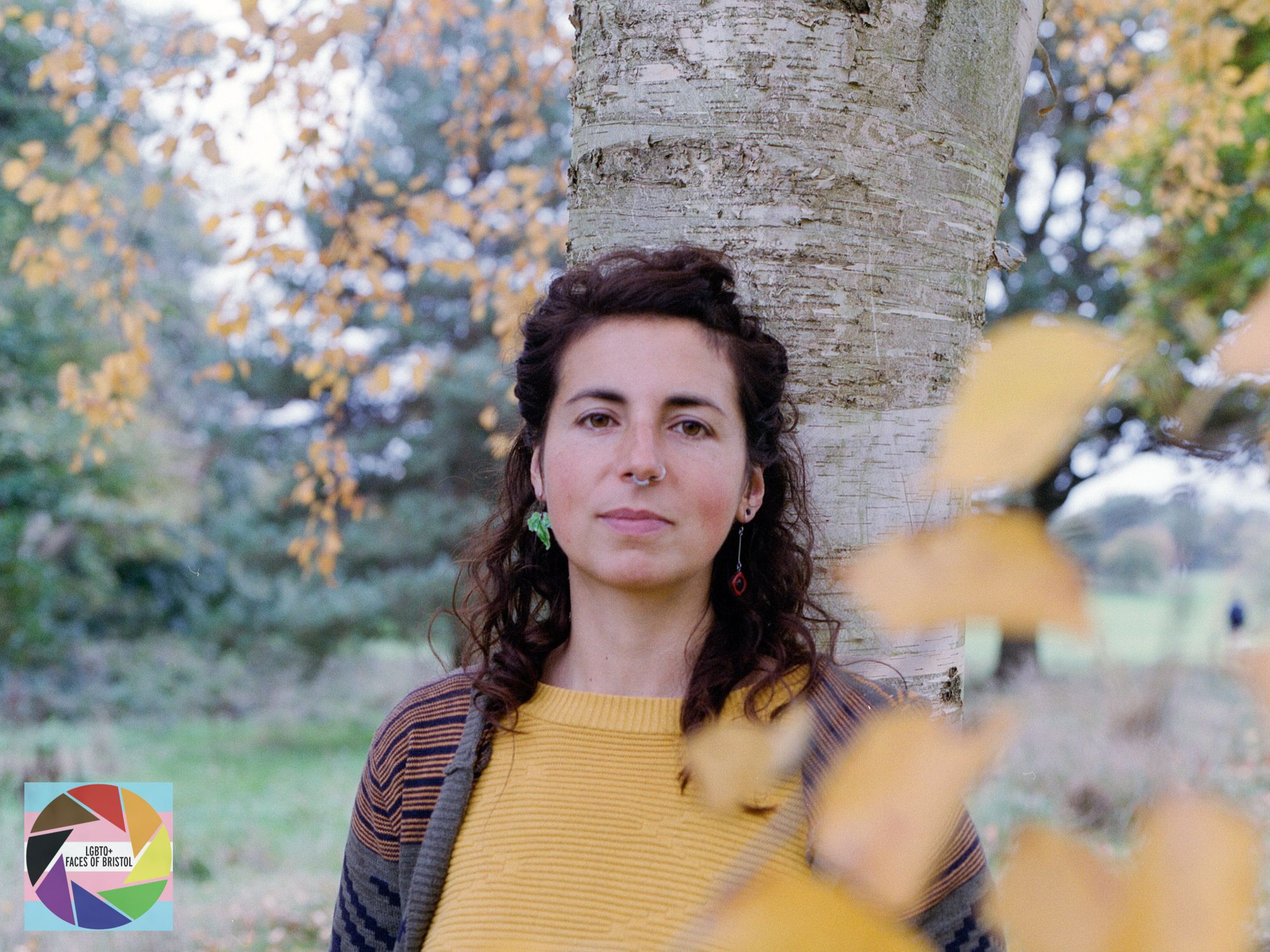
If you would like to get involved, see more portraits, or find out more, head over to the project’s website, their Twitter or Karen’s Instagram, @sisboombah.
Featured Image: Epigram / Karen Freer

